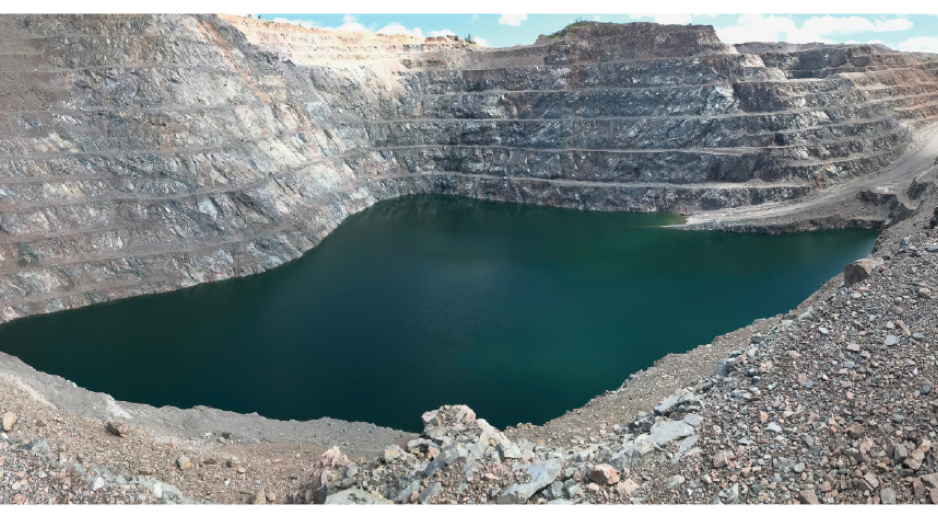
In 2020, the Mines Act was amended to create a new independent chief auditor of mines, and his first audit was on the revised tailings regulations.
“The 2016 revision of the code related to TSFs was selected as one of our first audits due to the importance of this topic and the high level of interest from Indigenous communities, the public and industry following the breach of the TSF at Mount Polley,” said chief auditor of mines Andrew Rollo.
The audit of the revised TSF regulation finds them to be “consistent with established industry best practices, are clear and enforceable, and have a high level of compliance from industry.”
“This first audit allows us to assess how our mining regulations and standards work, identifying what we can build and improve upon to ensure safety for people, communities and the environment,” Bruce Ralston, Minister of Energy, Mines and Low Carbon Innovation, said in a press release.
“We are committed to implementing all seven recommendations put forward by the chief auditor and will continue our work to build a world-leading regulatory framework for TSFs here in B.C.”
The audit makes seven recommendations aimed at improving the regulations and oversight, including that the workload of geotechnical inspectors is “prioritized effectively.”
Imperials Metals (TSX:III), which owns the mine, has spent more than $70 million on remediation. The Mount Polley mine is currently not in operation. It has been in care and maintenance since 2019.
(This article first appeared in Business in Vancouver)




